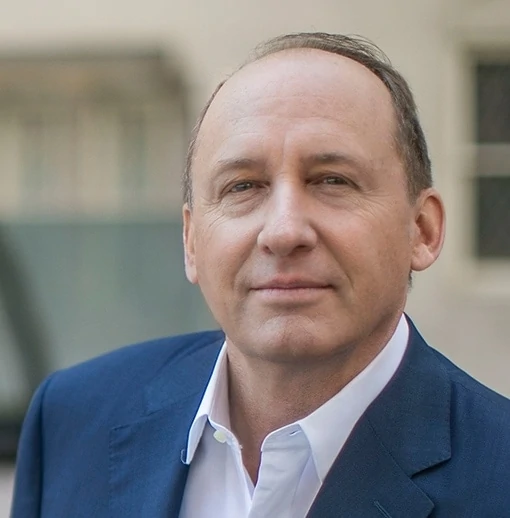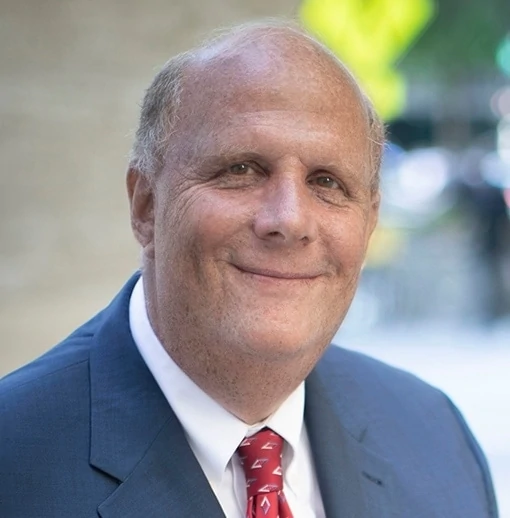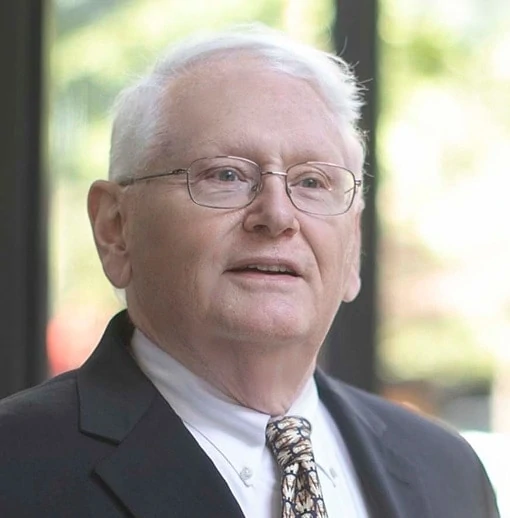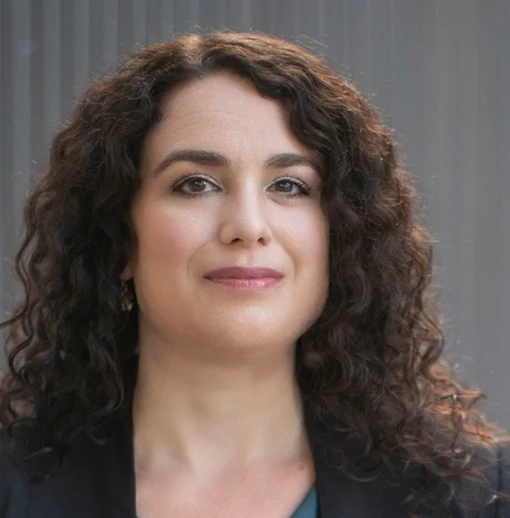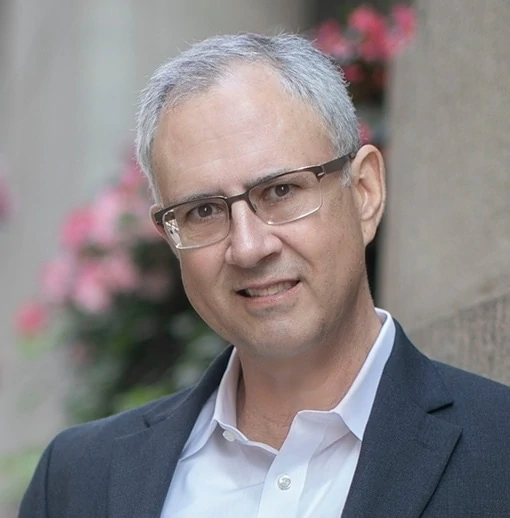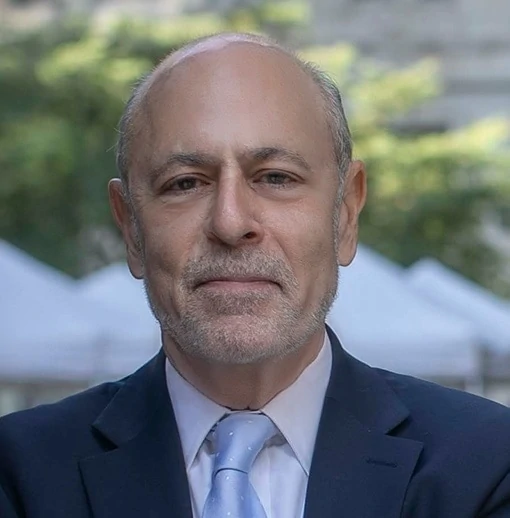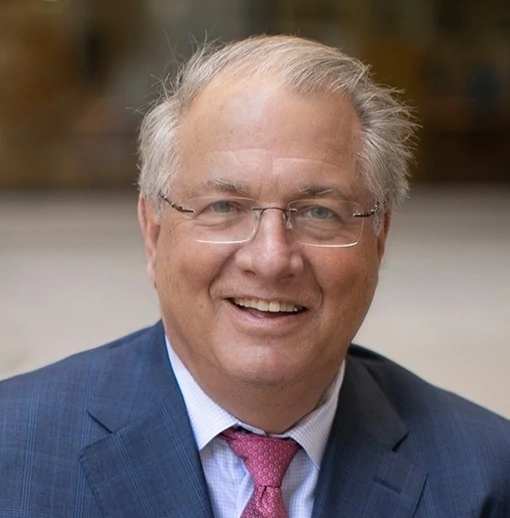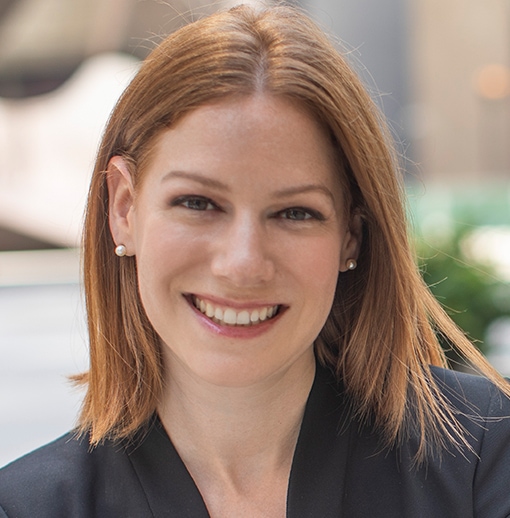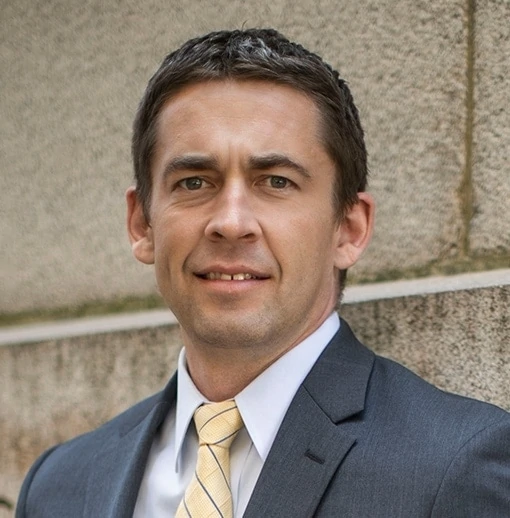In March 2019, HSPRD won the first appellate case under the Illinois Insurance Claims Fraud Prevention Act. This law enables whistleblowers to sue corporations and individuals that commit fraud on private insurance companies. In this case about fraud by a suburban Chicago optometry office, the trial court held that the whistleblower law was invalid, but Illinois Court of Appeals reversed that decision and upheld the rights of whistleblowers to bring fraud claims under the law.
HSPRD appellate lawyers have also prevailed in many cases in the Seventh Circuit, including the unanimous victory in Lewis v. City of Chicago. HSPRD brought lawsuit on behalf of more than 6,000 African-Americans who passed a hiring exam and then were denied employment in the Chicago Fire Department based on race. The trial court required the City to hire 111 class members as firefighters. Our clients also were ultimately awarded $78.5 million in back pay and pension contributions. More recently, HSPRD attorneys are representing female paramedic applicants, both at trial and on appeal, who were excluded from the Chicago fire Department by discriminatory physical tests.
HSPRD regularly provides amicus briefs on immigration and a range of issues from qui tam laws to affirmative action programs, and employment issues. Under the current presidential administration, HSPRD attorneys have filed several amicus briefs across the U.S. defending pro-immigrant policies and supporting sanctuary cities. HSPRD attorneys also routinely represent people filing appeals to the Board of Immigration Appeals.
Our attorneys are admitted to practice law in the United States Supreme Court and several of our lawyers clerked for judges in the Seventh U.S. District Court of Appeals prior to joining HSPRD. Our team has argued cases in the Second Circuit, Fifth Circuit, Sixth Circuit, Seventh Circuit, Ninth Circuit, United States Supreme Court and Illinois state appellate courts, among others.
Notable HSPRD Cases
Less v. Mercy Hospital & Medical Center (Illinois Appellate Court, First District)
The Illinois Appellate Court ruled unanimously in favor of HSPRD’s client, Brian Less, to require Mercy Hospital to turnover internal investigative reports about the 2018 shooting of his daughter. This case concerns the tragic shooting death of Dayna Less and two other innocent victims at Mercy Hospital and Medical Center on November 19, 2018. The hospital investigated the mass shooting in 2018, and then sought to hide what it found from the Less family. The appellate court rejected Mercy’s privilege claims under both the Illinois Medical Studies Act and the litigation consultant privilege and required the hospital to produce the two long-withheld reports.
Morgan Urso v. Team Illinois Hockey Club, Inc. and The Amateur Hockey Association of Illinois, Inc. (Illinois Appellate Court, Second District)
The Illinois Court of Appeal unanimously ruled for the first time that youth sports teams and organizations in Illinois must follow the Illinois Human Rights Act. Sports teams cannot discriminate against players based on their mental health condition, disability, or other status protected by state law. The win allows HSPRD client and mental health advocate Morgan Urso to pursue discrimination claims against the hockey team that banished her when she revealed her mental health condition to the coach.
State ex rel. Cahill v. FAMILY VISION CARE, LLC. (Illinois Supreme Court)
The Illinois Supreme Court ruled unanimously in favor of our client, Marie Cahill. As a whistleblower, she was allowed to pursue her case of insurance fraud against her former employer, an optometry practice and its corporate parent company. The Illinois Supreme Court upheld for the first time a critical and novel anti-fraud law, the Illinois Insurance Claims Fraud Prevention Act against challenges that the law was unconstitutional. The law empowers whistleblowers expose and fight fraud on private insurance companies.
